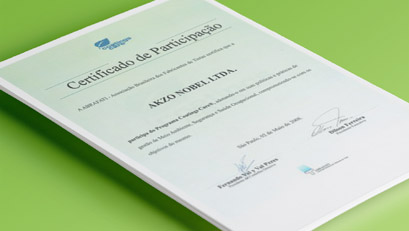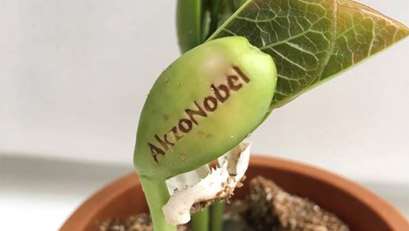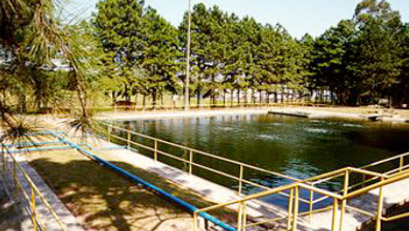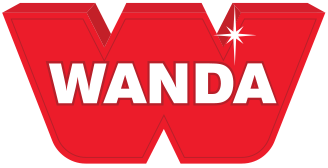Our principles are based on the belief that Safety is a permanent value and not a temporary priority.
These principles, beliefs, vision and commitment are part of the Integrated Health, Safety, Environment and Quality policy.
Adopted safety/accident prevention programs
The initiatives related to these areas are part of the integrated management system and corporate goals and objectives, which aim to:
Initiatives connected to HSE&S areas
The AkzoNobel Vehicle Refinishes business unit has the SIG – Integrated Management System, which is certified according to the internationally recognized standards OHSAS 18001 for Safety and Occupational Health, ISO 14001 for the Environment and also the World HSE&S Program called “Coatings Care® “, in Brazil, coordinated by ABRAFATI – Brazilian Association of Paint Manufacturers. This integrated management system meets AkzoNobel’s internal HSE&S standards at both the corporate and BU Vehicle Refinishes level and is supported by the following programs:

AkzoNobel’s rolein Coatings Care program
The AkzoNobel Vehicle Refinishes business unit is certified by ABRAFATI as an active member and participant of the Coatings Care® program.

AkzoNobel VR and waste management
AkzoNobel Vehicle Refinishes business unit is focused on reducing waste generation first by adopting cleaner technologies and then reusing and ultimately recycling remaining waste. Currently, 97% of all generated waste are reused or recycled. All wastes are disposed of according to applicable legislation, best practices available and in compliance with internal standards and procedures.

Water consumption and use
The use of water is sustainable starting with supply via SABESP and granted abstraction, through rational use and treatment of its effluents before being returned to nature. The effluent treatment plant is a model in the area, with abundant fish in its aeration ponds.
Concern on energy consumption decreasing
Regarding energy, there is the consumption reduction target, whose goal was to reduce by 15% by 2012, when compared to consumption in 2009, with a reduction of 19%. The goal for the following years is an yearly decrease of 3%. To meet such goal, the following actions have been implemented:
Relation to air, emissions and pollutants
Air emissions have received special attention over the past few years with the implementation of the following emission reduction programs:

Relation to soil, groundwater and pollution avoidance
Regarding the ground there is a special care, where all processes and warehouses are protected and equipped with containment devices and systems in case of leaks. All buildings are built with impermeable and enclosed floors. The waste and effluent management program plays a key role in preventing soil and groundwater pollution.
Preparation for crisis and emergency services
The AkzoNobel Vehicle Refinishes business unit has an Emergency Care Plan implemented many years ago and in cooperation with the Mutual Assistance Plan of São Bernardo do Campo, which brings together several large companies in the region and is coordinated by the 8th ABC fire brigade, with the purpose of combining resources and relief efforts in case of emergencies. Annual simulations are carried out in all companies participating in the WFP.
In parallel to and in addition to the Emergency Response Plan, there is also a Crisis Management Plan, whose objective is to provide basic information and guidelines necessary for the operational teams that are acting in the crises, according to a prior and structured planning, organization and training, avoiding mismatches, failures and forgetfulness, which are common in this kind of occurrences. Each crisis is a different crisis and therefore must be managed differently.
A procedure adopted in product spilling cases during its transportation.
The procedures to be adopted are in part IV – External Emergencies, Emergency Response Plan, and should be initiated in occurrence cases, as indicated in the emergency card and envelope for transportation of corresponding products.
The AkzoNobel Vehicle Refinishes business unit has a contract with a company that specializes in emergency response services, available 24 hours a day and with coverage throughout the national territory and Mercosul.


